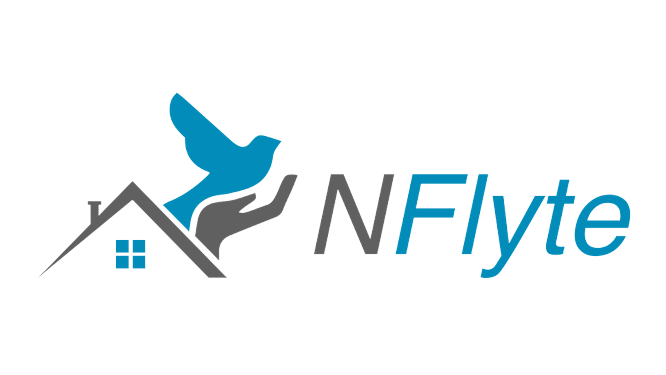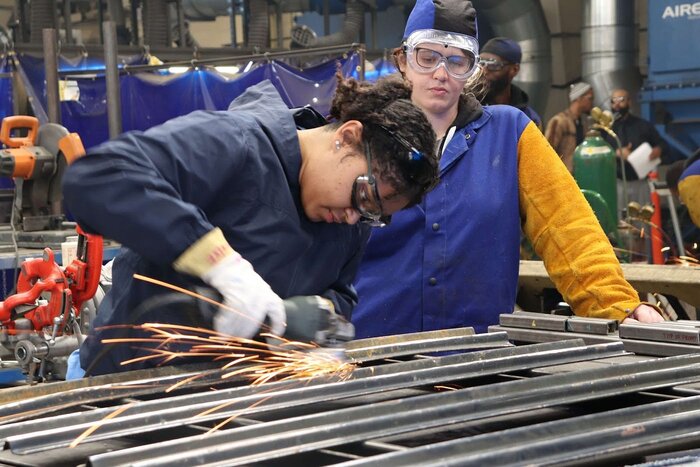One of the most significant challenges people with autism and other disabilities face is what steps to take after high school. Students attending public high schools can usually continue until they’re 22, but what comes after that? In this article, we’ll share post-secondary education options and how to decide which is best for you (or your adult child).
 Photo by Karolina Grabowska via Pexels
Photo by Karolina Grabowska via Pexels
You might also be interested in reading: Safety for Autistic Adults Living Independently
What is post-secondary education?
Post-secondary education is the education level following secondary education or high school. It typically includes college, trade school, or a vocational school and is often a person’s final formal educational step.
Below, we’ll share post-secondary education options and an alternative for those who are unable to or aren’t interested in continuing education.
How can post-secondary education be beneficial?
There are many ways post-secondary education can benefit people, including those with autism or other disabilities. It gives students purpose after high school and can lead to more opportunities. In fact, many jobs require some level of post-secondary education, which disproportionately affects those with disabilities.
Many people with autism stay home after high school and don’t continue their education or get a job. This can lead to various issues, including stress and depression, for the individual and their families. Post-secondary education can alleviate some of these issues. While the possibility of a post-secondary program might have previously seemed out of reach for those with I/DD, there are now many more options available to make it possible.
Post-secondary education allows more career choices, the ability to make more money, and an opportunity to learn a specific skill. These educational experiences after high school can also foster life skills such as communication, problem-solving, decision-making, and more.
Post-Secondary Education Options for Adults with Autism or Other Disabilities
As we mentioned, people with disabilities are often at a disadvantage when getting a job after high school because many employers require post-secondary education. Fortunately, there are several education options for adults with autism or other disabilities.
 Photo by Element5 Digital on Unsplash
Photo by Element5 Digital on Unsplash
These post-secondary education options include:
- Traditional college
- Inclusive Post-Secondary Education (IPSE) programs
- Trade (or vocational) schools
- An alternative to post-secondary education: job coaches
Traditional College
Because traditional college hasn’t generally catered to students with autism or other disabilities, this hasn’t always been a possibility. That said, more options for services and accommodations have become available in recent years for those who can and want to go to college.
Some colleges are more autism-friendly than others, so it’s essential to do your research. Here are some excellent resources to help you choose the best traditional college for autistic students:
- College Autism Network: a clearinghouse of colleges and universities that incorporate autism and education support in the classrooms, dorms, student life, and student governance
- Applied Behavior Analysis Programs Guide: a guide to “30 best colleges for students on the autism spectrum”
- Top Schools for Disabled Students by College Consensus: a list of the “best disability friendly college and universities” with highlights of the services each school offers and why it’s a good fit for disabled students continuing their education
Inclusive Post-Secondary Education (IPSE) Programs
For those who have an intellectual disability but are interested in having a college experience, an Inclusive Post-Secondary Education (IPSE) could be a suitable option. There are more than 300 IPSE programs in the United States where students can learn independent living skills and earn a certificate while also auditing classes in areas that interest them.
This College Internship Program is an excellent option for students with learning differences. Students get access to a comprehensive curriculum, social skills development, academic support, employment support, independent living options, and more.
Think College is also a great resource and organization that’s dedicated to developing, expanding, and improving higher education options for students with intellectual disabilities.
Trade schools, sometimes referred to as vocational schools, are somewhat of a mix between traditional college and IPSE programs. While you don’t have the option to live on campus, you can go to trade school to further your education and learn skills for a specific career. After completing your program, which is usually anywhere from 1 to 2 years, you can receive a degree or certificate.
Like traditional college, some trade schools are more disability-friendly than others. There are also trade schools and programs specifically for students with autism, like Marino Campus and these job programs.
There’s also a Department of Vocational Rehabilitation (VR) in every state which helps disabled state residents meet employment goals. People who receive disability services through Social Security likely qualify for VR services.
An Alternative to Post-Secondary Education: Job Coaches
After high school, some people with autism or other disabilities don’t feel that post-secondary education programs are suitable. Instead, training for a vocation and working with a job coach could be more feasible.
A job coach is someone who helps people with disabilities learn, adapt, and perform work duties. Job coaches are often occupational therapists too. Not only can a job coach help with skills specific to a job, but they can also support interpersonal skills that aid in workplace success.
How to Prepare for Post-Secondary Education
The steps to prepare for post-secondary education will look different for everyone, depending on your specific situation. However, these steps can guide you to find the best option.
Research.
Do your research to learn about your options, what’s available near you, and the best way to proceed after high school, etc.
Consider the options.
Think about which opportunities could work and not work for your specific situation. This can help you narrow down the choices.
Ask important questions.
To help you choose the best option, ask questions regarding your goals, supports offered, etc.
Be aware of alternatives.
If continued education isn’t the best option, consider other alternatives, such as a job with or without working with a job coach or programs that can help with life skills and independent living.
Post-Secondary Education: Final Thoughts
We hope this article has offered helpful insight into your options for post-secondary education and how to decide which is best for you. Traditional college, an Inclusive Post-Secondary Education (IPSE) program, a trade (or vocational) school, or a job coach are all great possibilities, depending on your specific situation.
If you’re interested in a helpful tool for adults with disabilities transitioning to independent living, check out NFlyte. NFlyte is a platform that offers a central location for managing daily activities while allowing families and supports to view progress and make modifications remotely.
Related read: What is NFlyte? An Introduction




